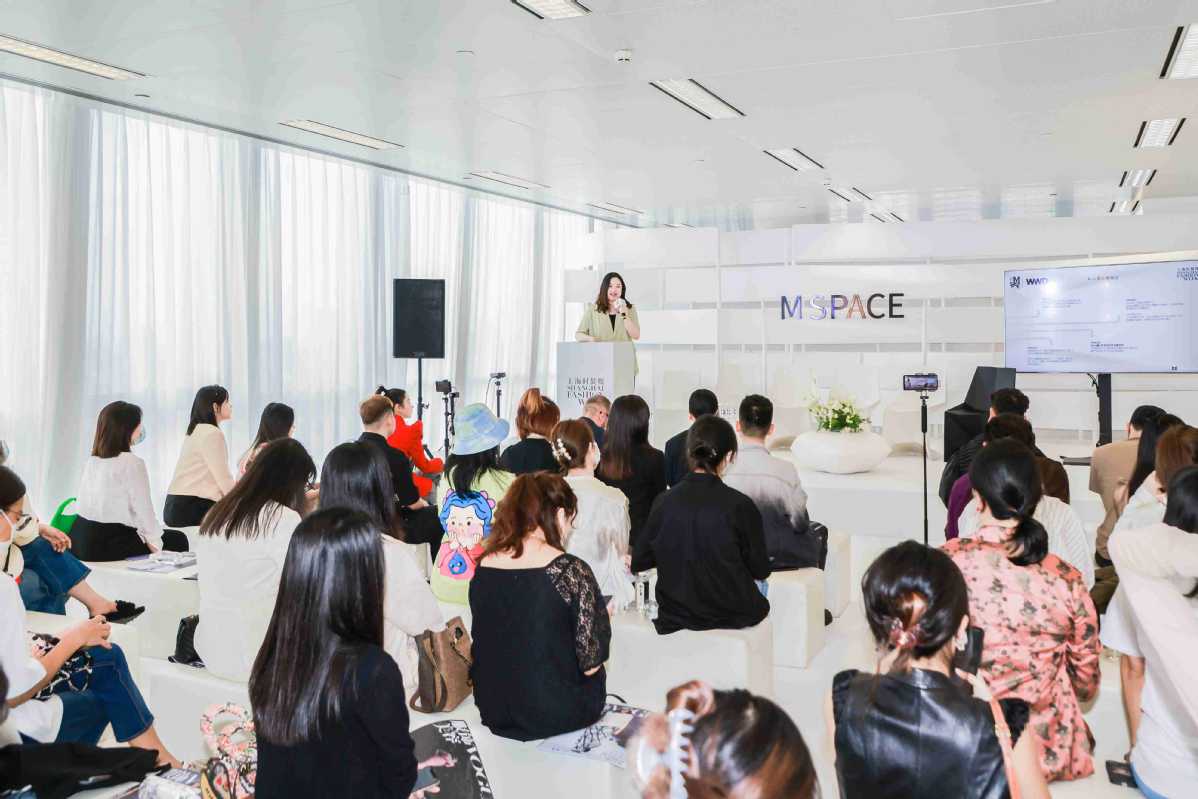China's fashion brands spotlight environmental awareness


"There is no perfect sustainable material in the world, but we can do better at every step, from raw materials to production, and from use to recycling.
"In my opinion, good materials are healthy for humanity, the environment and the economy at the same time. There are a lot of such materials in China, but they remain confined to abstract discussion and have not been utilized. There is market demand in this regard, so we hope to serve as an intermediary bridge, linking excellent material manufacturers and brands," he said.
Consumer behavior has also been influenced by the adoption of sustainable business models, such as the launch of secondhand trading platforms and the provision of used clothing repair services.
The Deja Vu Recycle Store — which was launched in Beijing in 2017 and later opened an outlet in Shanghai — started by selling secondhand books before developing its apparel and electronic products business, and now is representative of these new models.
Li Chan, brand director for the company, also attended the forum. She lamented the stereotypes many had about secondhand clothing. "Three major pain points are that people believe secondhand clothes are unclean, that they are low-quality and hard to sell. We have tried to address these by designing a new system to recycle unused clothes for a fee, so that good clothes can find new owners," she said. "By solving users' concerns and changing their stereotypes, we hope to allow them to enjoy protecting the environment at a low cost."
Although Chinese consumers' awareness of sustainable development is not as mature as that of Western consumers, with increased public and private sector education on sustainable consumption, Chinese consumers' awareness has been improving in the past few years, according to the 2022 China Fashion Industry White Paper. The report predicted that in the future, with increased Generation Z incomes and cultural clout, a new, more value-oriented consumption model will take root, focused on low-carbon alternatives, recycling and moderation.
Experts at the forum agreed that environmental awareness and higher living standards are linked.
"At present, China's sustainable fashion is still at its beginning stage. However, it is estimated that sustainable consumption will reach a turning point by 2035 as the number of middle-income people with awareness of sustainability issues increases to 10 percent of the total population," said Zhu Dajian, director of the Shanghai Institute of Sustainable Development.




































